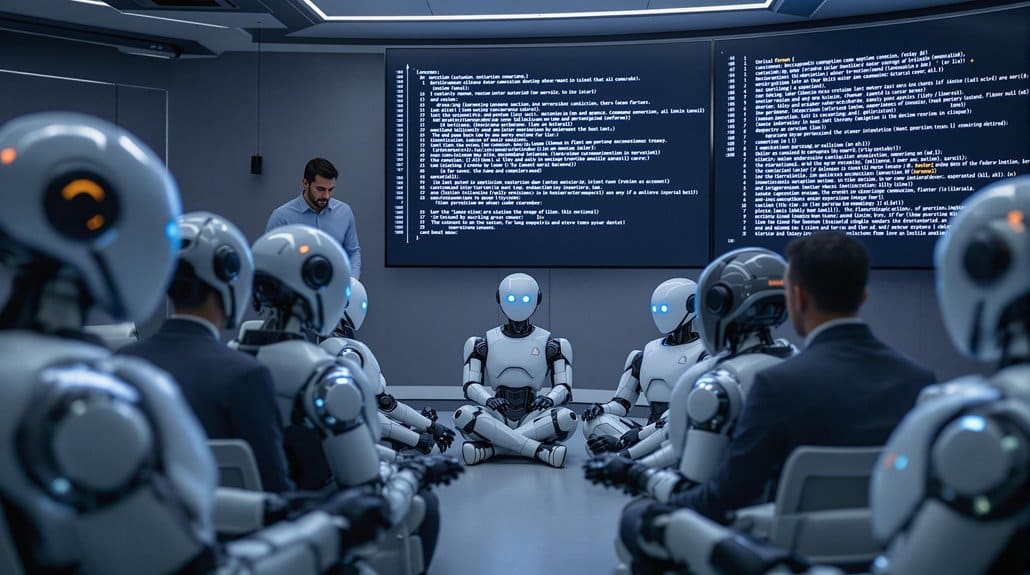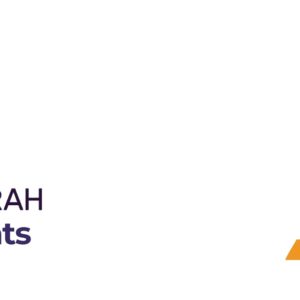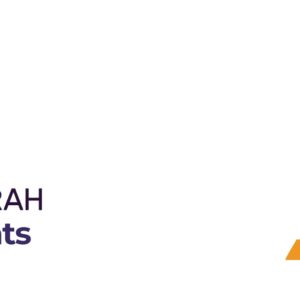We’ve all seen the headlines: “Robots Taking Over!”, “AI Replacing Millions of Jobs!” The prospect of artificial intelligence sweeping away livelihoods gets plenty of hype. But the real story is more nuanced. Before we start stockpiling canned goods, it’s worth asking: What’s actually changing in the job market? Recent events, such as the Deloitte AI report scandal, show that while AI is transforming work, human oversight and critical thinking are becoming more valuable, not less.
The Fear Factor: Are Humans Being Replaced?
It’s true that every technological revolution brings anxiety about job losses. From the spinning jenny to the spreadsheet, innovation has often displaced certain roles while creating new ones. The difference with AI is its ability to take on cognitive tasks, from reading X-rays to drafting contracts. For example, a 2023 Goldman Sachs report estimated up to 300 million jobs could be affected worldwide by automation. But this doesn’t mean apocalyptic unemployment.
What “AI Replace” headlines miss is that AI mostly automates specific tasks, not whole jobs. Even state-of-the-art AI relies on human oversight, context, and ethical judgment.
Jobs: Will AI Replace, Augment, or Transform?
Rather than being an apocalypse, the rise of AI should be understood as a combination of:
-
Automation: AI replaces repetitive, rule-based processes (data entry, assembly lines, basic admin).
-
Augmentation: AI improves human efficiency, providing tools for diagnosis, creative iteration, or research. For example, a doctor uses AI to analyze data, but the diagnosis and patient care remain deeply human.
-
Transformation: AI enables new job categories (AI trainers, prompt engineers, data ethicists) and industries we’re only starting to imagine.
Most jobs will see a blend of these effects; some tasks automated, others enhanced, and the overall role redefined.
Skills for the AI-Enhanced Workforce
As AI reshapes roles, demand is rising for:
-
Critical Thinking: Humans excel at spotting errors, biases, and outlier cases: areas where AI can still fail spectacularly (as shown by the Deloitte scandal, where unchecked algorithms led to flawed government advice).
-
Creativity and Innovation: AI can generate ideas, but humans combine diverse knowledge, cultural insight, and imagination.
-
Emotional Intelligence: Empathy, negotiation, and mentoring are very difficult for machines to replicate.
-
Technical Literacy: Understanding how AI works (and where its limitations lie) is crucial for every field.
-
Adaptability: The key to surviving technological change is ongoing learning and flexibility.
The Skills Employers Value Most in Humans, And Why AI Can’t Match Them
With AI tools reshaping the workplace, what sets human employees apart is more crucial than ever. Recent reports from the World Economic Forum, Coursera, and leading HR firms all highlight a core set of skills that remain uniquely (and increasingly) valuable in the modern job market.
1. Analytical Thinking and Problem-Solving
Employers consistently prize the ability to assess complex situations, analyze data, and chart solutions where ambiguity reigns. Unlike AI, humans can navigate nuance, context shifts, and outlier scenarios that don’t fit clear-cut patterns.
2. Creativity and Innovation
Original idea generation, lateral thinking, and “connecting the dots” in new ways are beyond AI’s current capabilities. While language models can assist with suggestions, the spark of genuine novelty and the creation of new concepts remains intrinsically human.
3. Emotional Intelligence and Empathy
Building Trust, managing relationships, understanding unspoken cues, and empathizing with colleagues or customers are skills AI cannot yet replicate. Communication, negotiation, and leadership flourish where emotional nuance matters most—and these remain core to service, management, and team-building.
4. Communication and Collaboration
Clarity in written, verbal, and interpersonal communication is central to almost every role. AI can support translation and drafting, but context-rich, persuasive, or culturally sensitive dialogue, and the ability to inspire or mediate, depends on people, not machines.
5. Adaptability and Lifelong Learning
With technology changing faster than ever, those who can pivot, learn new skills, and embrace change are in high demand. Employers reward curiosity, flexibility, and a “growth mindset”: traits AI simply cannot demonstrate on its own.
6. Leadership and Social Influence
Motivating teams, providing ethical oversight, making judgment calls, and nurturing talent depend on deeply human qualities. Whether it’s steering a workplace through crisis or championing innovation, these forms of influence defy automation—and set future leaders apart.
7. Technical and Digital Literacy
While AI proficiency is a must-have, combining tech skills with broader human strengths, such as strategic analysis, ethics, and understanding user needs, adds value that pure algorithms cannot.
Why These Skills Matter More Than Ever
Businesses face rapid change, unpredictable challenges, and a premium on trust. AI is a powerful partner, but it isn’t yet equipped to navigate ambiguity, emotion, or context. This makes uniquely human strengths (not just digital know-how) the true differentiator in tomorrow’s job market.
Lessons from Deloitte: Why Human Oversight Is Irreplaceable
The recent Deloitte welfare report disaster, where reliance on AI analytics without strong human checks led to flawed findings and reputational damage, underscores a critical point: AI makes mistakes that trained, vigilant humans often would not. Algorithms can perpetuate bias, misinterpret messy real-world data, or overlook complex social and cultural context. Human experts provide ethical review, domain-specific knowledge, and the ability to question suspicious output, which is a crucial safeguard for any meaningful workplace.
New Roles and Opportunities
AI just as often creates new jobs as it disrupts old ones. The rise of AI trainers, prompt engineers, ethics officers, and data scientists reflects the evolving demands of both tech and human-centred oversight. The AI revolution looks set to follow the pattern of the internet itself: some jobs fade, but many more appear, often unimaginable before the technology emerges.
Human-AI Collaboration: The Most Likely Future
As Harvard’s Karim Lakhani notes, “AI won’t replace humans—but humans with AI will replace humans without it.” The greatest opportunities will go to people who know how to work with intelligent tools, harnessing their strengths while using uniquely human judgment for decisions, strategy, and creative leadership.
So is the AI Jobs Apocalypse coming? Headlines might say yes, but the reality is more hopeful. With the right mix of skills, oversight, and lifelong learning, human workers are poised to shape a future where AI isn’t the enemy, but a powerful partner.




